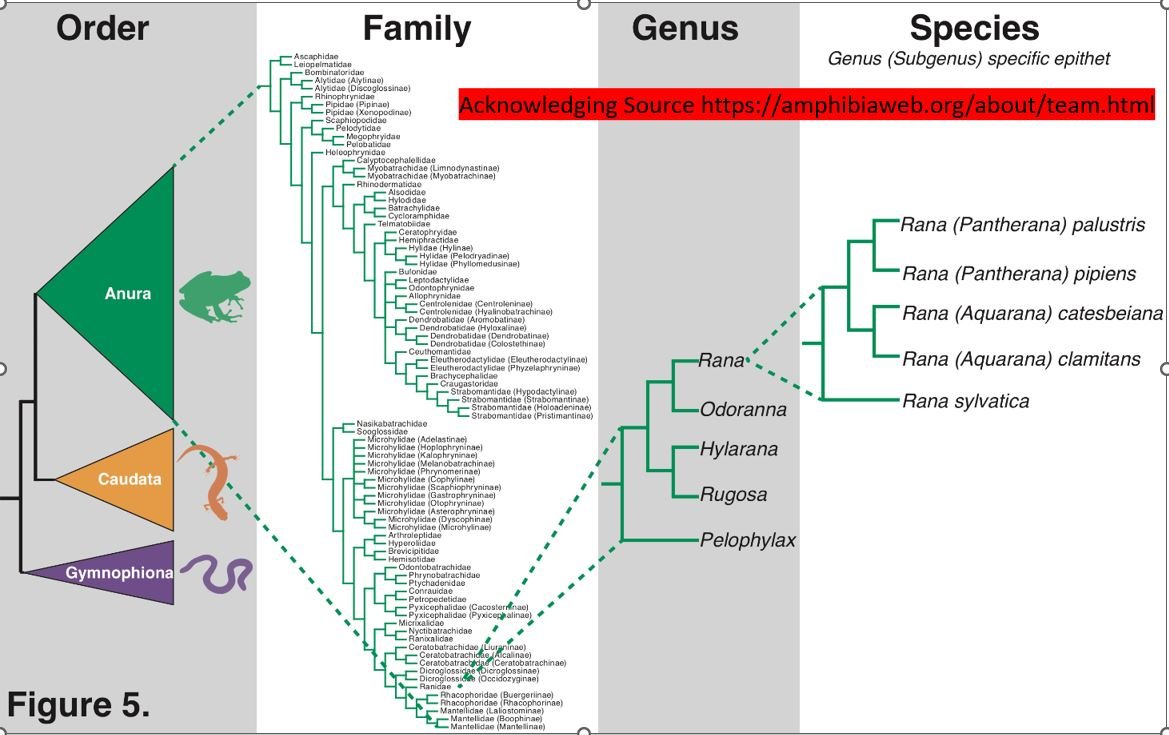Status: Published for comment:Development ongoing
This post is a development of the text in the white paper ‘Design for Social Learning and Perspective taking’, quoted here below in itialics:-
P08 Lucidity: Rollup/Drilldown (Zoom);
Where practical, data will be categorised (e.g., in a hierarchy) allowing subcategories to be aggregated and displayed (‘rolled up’) in a simplified summary.
Each domain can potentially capture unlimited amounts of detail including technical contributions from subject experts and qualified professionals alongside experiential witness statements and records of public concerns.
We must assume that no one person will have the time and skills necessary to assimilate all the content. Participants can navigate using high-level summaries, absorbing context and proportionality. Saving enough time to drill down, investigate, learn about and contribute in areas of special interest, experience or expertise.
Discussion
The requirement is to be able to navigate complexity, conveying detail commensurate with the individuals capacity to see and understand it in that scope or area…
There is an early guideline for application builders, to have menu options of around 7 menu choices at each level of a branching system. This is a crude example of the way in which detail may be revealed as and when required.
We have a related problem in representing the branches of an argument, and or individual expressions of support for prospects. In fact wherever we use a taxonomy, we have an opportunity to name and display just the parent node (or rank) or to display and name all the children of that node. Adding detail – or merely representing it.
Taken to it’s extreme, where a participant has responsibility for decisions in a domain about which they know little or nothing (such as in a public referendum with highly technical content and impacts)..we need to convey as much information as we can, to maintain a sense of context and proportion, but to avoid overloading the viewers visual capacity(for diagrams) or processing capacity (for detailed argument) and their capacities to assimilate and re-apply information….
Nearly all individuals will make more sense of a large novel area of interest if it is initially summarised. This can be achieved by applying a logarithmic projection (retaining but shrinking unwanted detail), or by displaying a collapsible taxonomy (using Node names but hiding their children until the user zooms into that region of the domain, or simply by suppressing weakly linked/less significant factors and their components …or a mixture of all of these.
Probably best initial choice/candidate
I note that the bibliometric viewer VOSViewer has a variable suppression factor – suppressing minor elements and this does seem an acceptable and simple approach
How would the Value Prospect application and method manage the following scenarios?
We should not lose sight of the common form of democracy in which each individual is sometimes involved in decisions about scopes at the boundaries (and sometimes beyond) of their knowledge, experience and expertise.
With these scopes normally covered by a trusted (ideally) expert or specialist adviser. Nevertheless in a referendum or in the ‘court of public opinion’ to which politicians occasionally defer, the individual may exercise agency in a domain they have no detailed knowledge of.
In a special case that occurs quite frequently but is not the subject of this post:-
Whether or not they had competence or have consented to take on this responsibility People will also occasionally be asked to bear the consequences, for an action or stance that they have only tacitly (and with insufficient unbiased information) agreed to.
For instance the economic consequences of Brexit (in the UK) or being conscripted to fight in a war (Russia / Ukraine and many other instances).
In some cases, it forms a part of the national social contract (over which citizens have little initial control and may never have) that any individual may be asked to go to war (or take other extreme actions) when the leadership of their country say so.
h the politicians sometimes cow tow … the opinion of everyman and woman is sought and counted…

Leave a Reply